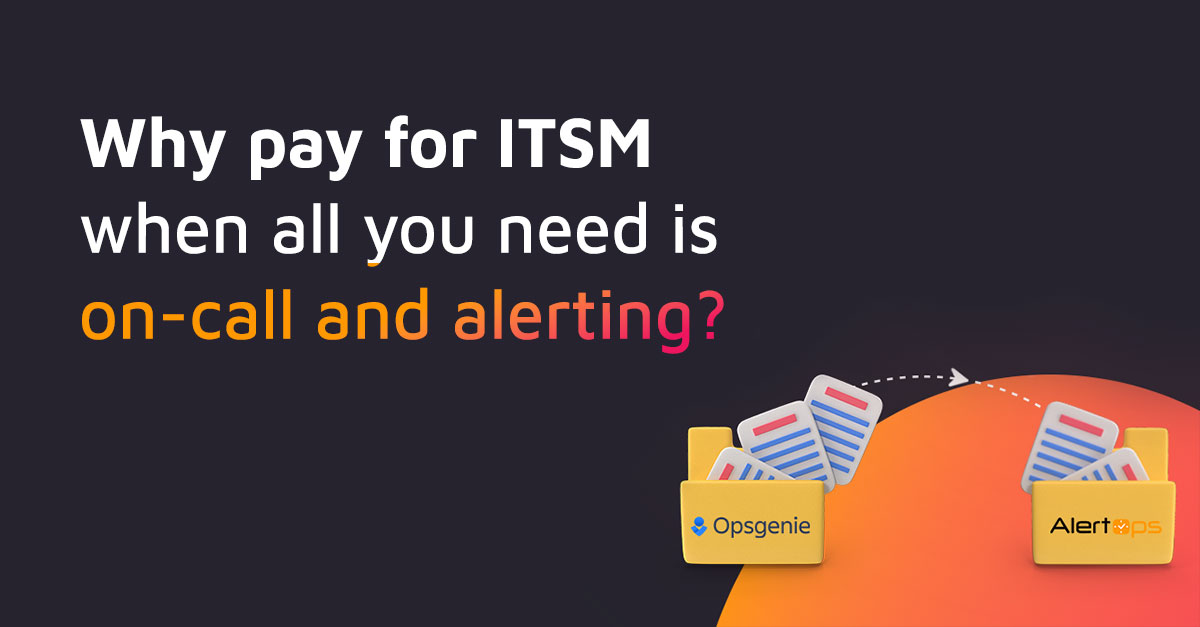If a server crashes or a data center outage occurs, does your major incident management team understand best practices to respond quickly and effectively? If not, your company, its employees and its customers could suffer the consequences.
A major incident causes a business to deviate from its standard processes, and as such, may result in significant brand reputation damage and revenue losses. However, with the right approach to major incident management, your company can prevent minor incidents from escalating.
Major incident management may be easier than you think – now, let’s take a look at three best practices for major incident management.
- Plan ahead.
It may seem impossible to prepare for every possible incident, but companies that focus on industry-specific dangers can identify potential problems before they happen.
For example, a retailer may be susceptible to cyberattacks that put sensitive corporate or consumer data at risk. A retailer cannot necessarily stop cybercriminals from launching attacks, but the business can plan ahead for these potential dangers. By doing so, a retailer can speed up incident response and resolution, along with minimize the risk of downtime, revenue losses and other collateral damage.
At AlertOps, we provide incident management software that empowers businesses to take a proactive approach to major incidents. We even offer a mobile app to help incident management teams identify and respond to major incidents from any location, on any device and at any time.
- Maintain communication with key stakeholders.
Major incidents can quickly spiral out of control due to poor communication among incident management team members. Fortunately, incident management software is available to help incident management team members stay in touch with one another and work together until an incident is fully resolved.
AlertOps provides live inbound call routing that ensures incoming calls are routed to the right incident management team members – without exception. Plus, AlertOps fosters real-time collaboration via HipChat and Slack, enabling incident management team members to address major incidents in real-time.
- Strive for continuous improvement.
How a company reports on incident management may dictate its immediate and long-term success.
For instance, a business that creates reports based on the number of major incidents in a set time frame and similar criteria may be better equipped than others to improve its major incident management processes and protocols. This company also may be more likely than others to reduce its incident management expenses over time.
Major incident-specific reports drive improved incident management analysis, evaluation and decision-making. As such, businesses that use advanced reports can learn from past incidents and limit the risk of making the same mistakes twice.
With AlertOps’ enterprise reporting capabilities, incident management teams can track every detail of a major incident. These teams can use enterprise reports to identify both challenges and opportunities and adjust their budgets and staffing levels as needed.
Lastly, it is important to note that major incident management improvements rarely happen overnight. These improvements are driven by company leaders who are dedicated to finding the best ways to reduce or eliminate major incidents day after day.
AlertOps can play a key role in major incident management. In fact, many incident management teams currently use AlertOps to manage IT alerts, on-call scheduling and much more.



